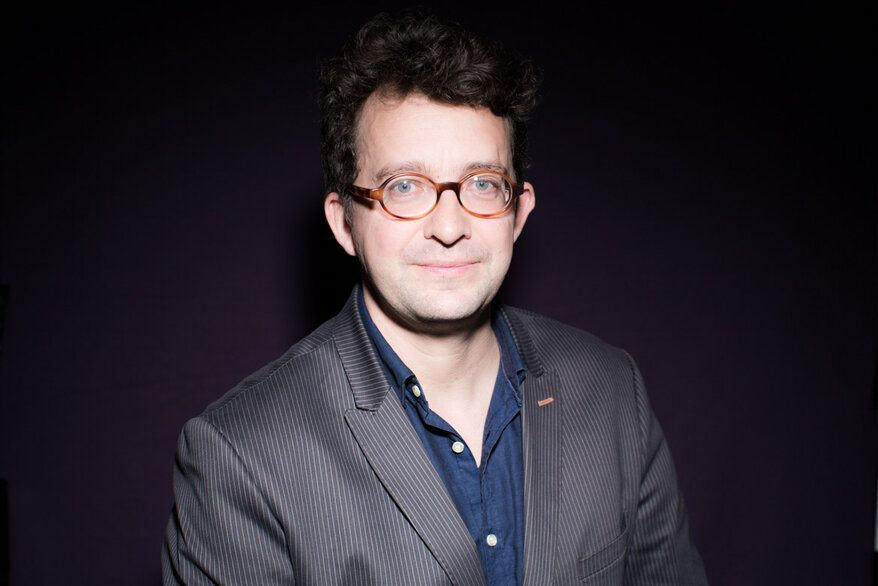The debate over the restitution of African cultural heritage is not a new one. Ever since independence, formal requests have been made for the restitution of cultural goods acquired or stolen during the colonial era. These requests became louder during the 1970s and 1980s, with the support of the United Nations Educational, Scientific and Cultural Organization (UNESCO), the Organization of African Unity (OAU), and non-aligned countries. They were repeated in international meetings such as the 1992 OAU conference in Lagos and the 2001 UNESCO conference in Durban. However, negotiations with the states that held these cultural objects were not successful, taking place against a backdrop of international legal instruments that did not support the return of cultural objects to former colonies. This issue now fuels postcolonial criticisms of France.
An Accelerator of Anti-French Sentiment
Restitution continues to fuel postcolonial debate, which has been more noticeable since the 2000s, particularly on the place of the African diaspora and “Afro-descendants” in French society. Today it forms part of the decolonial demands being made in France and across Europe and feeds into “anti-French sentiment” in francophone Africa. It joins the list of elements perceived as “neocolonial” by certain segments of African societies, either in their essence like the CFA franc or military interventionism, or in their modalities such as official development assistance.
The issue of restitution also needs to be placed within a wider context of mobilizations by a range of actors: governments, intellectuals, activists, artists, and professionals in the conservation of cultural heritage. Demands for restitution are expressed in a register that is sometimes seen as radical. Some activists also highlight the non-restitution of African cultural heritage as evidence of the French state’s colonial instincts, illustrating the latter’s desires to conceal colonial looting, silence discussion of it, and ultimately deny the symbolic domination experienced by a section of French society.
Emmanuel Macron’s memory policy has raised hopes. During the next presidential term, additional measures will nevertheless be required to improve diplomatic relations between France and its former colonies and to promote peaceful coexistence within French borders.
New Momentum Toward Restitution: Emmanuel Macron’s Memory Policy
Memory issues, especially those linked to colonization, have been one of the common threads of Macron’s presidential term. On a visit to Algeria, while he was still a presidential candidate, he used the expression “crime against humanity” to describe colonization. After being elected, he did his utmost to show that an ambitious memory policy could help repair damaged bilateral relations with some former colonies in Africa, and in particular their civil societies. The Stora Report (2021) on the memory of the Algerian War and the Duclert Report (2021) on France’s role in the Rwandan genocide against the Tutsi, presented during an official visit to Kigali, provide evidence of Macron’s determination. More fundamentally, the report by Sarr and Savoy (2018) on the restitution of African cultural heritage also gave new momentum to demands for restitution that were often already decades old (1958, in the case of Côte d’Ivoire’s Djidji Ayokwe, the “speaking drum”). A law passed by France’s National Assembly in December 2020 allowed the restitution of the Abomey treasures and a sword that had belonged to El Hadj Omar Saidou Tall. This was the first example of ownership of cultural goods from the former French colonies being transferred to African states, rather than these objects being merely “loaned”.
A Momentum That Is Not Exclusive to France and Must Be Continued
Macron’s memory policy has also encouraged fresh momentum for change in other European countries with a colonial past. Belgium is preparing to return many cultural objects to the Democratic Republic of the Congo, while in Germany the Humboldt Forum will negotiate the return of Benin bronzes to Nigeria. In the United Kingdom, universities have gone further than the public authorities on this matter.
In the next presidential term, this issue could be sidelined because of administrative conservatism, particularly in the French ministries of Culture and Foreign Affairs and in certain museums, where this policy meets with varying levels of approval. The skepticism of a section of public opinion that sees restitution as a form of perpetual repentance or even “wokeism” provides an additional obstacle. Nonetheless, at a time when France holds the presidency of the Council of the European Union and has ambitions to relaunch its partnership with Africa, any procrastination would go against the tide and harm France’s image, particularly in its former colonies. This should push the next French president to extend these timid first steps toward the restitution of African cultural heritage.


